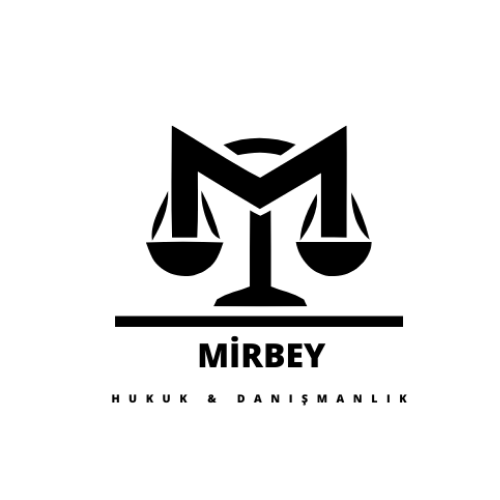- admin
- Zoning Law
- 12 Aralık 2020
Zoning law, or imar hukuku in Turkish, is a fundamental aspect of urban planning and development in Turkey. It governs how land can be used, what structures can be built, and ensures that urban growth is orderly and sustainable. For developers, investors, and residents, understanding Turkish zoning law is crucial for navigating the complexities of land use and development. This blog post aims to provide an overview of the key elements of Turkish zoning law and its impact on urban planning.
The Basics of Turkish Zoning Law
Zoning laws in Turkey are designed to regulate the use of land and buildings to promote orderly development, ensure public safety, and protect the environment. Here are some fundamental components of Turkish zoning law:
Zoning Plans: The backbone of zoning law in Turkey is the zoning plan (imar planı), which is a legal document that outlines land use designations, building regulations, and infrastructure requirements. These plans are created at the national, regional, and municipal levels to guide development. They categorize land into different zones such as residential, commercial, industrial, and green spaces, each with specific regulations.
Building Permits: Before any construction can begin, a building permit (yapı ruhsatı) must be obtained from the relevant municipal authority. This permit ensures that the proposed construction complies with the zoning plan and building codes. The process involves submitting detailed architectural plans and obtaining necessary approvals from various government departments.
Development Rights: Turkish zoning law includes provisions for development rights (imar hakları), which determine the allowable size, height, and density of buildings. These rights can sometimes be transferred or sold, allowing for more flexible and efficient use of land, especially in urban areas.
Key Considerations in Turkish Zoning Law
Environmental Protection: Turkish zoning law places significant emphasis on environmental protection. Zoning plans must consider the impact of development on natural resources, and there are strict regulations regarding the preservation of green spaces and protection of water sources. Environmental impact assessments (ÇED) are often required for large-scale projects.
Heritage and Cultural Preservation: In a country rich with historical and cultural heritage, zoning laws include provisions to protect and preserve historical sites and buildings. Any development in areas with historical significance requires special permissions and must comply with preservation guidelines.
Urban Renewal: Turkey has been actively pursuing urban renewal (kentsel dönüşüm) projects to address issues such as urban sprawl, earthquake risks, and outdated infrastructure. These projects often involve the redevelopment of old and unsafe buildings, requiring careful coordination between government authorities, developers, and residents to ensure compliance with zoning laws and fair compensation.
Challenges and Opportunities
Balancing Growth and Sustainability: One of the primary challenges of Turkish zoning law is balancing rapid urban growth with sustainable development. Ensuring that new developments are environmentally friendly, resilient, and inclusive is crucial for the long-term prosperity of cities.
Bureaucratic Complexity: The process of obtaining permits and approvals can be complex and time-consuming. Developers often face bureaucratic hurdles that can delay projects. Streamlining these processes and increasing transparency can help facilitate smoother development.
Technological Advancements: Embracing technological advancements in urban planning, such as Geographic Information Systems (GIS) and Building Information Modeling (BIM), can enhance the effectiveness of zoning laws. These tools can help create more accurate and efficient zoning plans, improving decision-making and project management.
Conclusion
Turkish zoning law plays a critical role in shaping the urban landscape, ensuring that development is orderly, sustainable, and respectful of the environment and cultural heritage. For developers, investors, and residents, understanding the intricacies of zoning laws is essential for successful project planning and execution. By navigating the complexities of Turkish zoning law, stakeholders can contribute to the creation of vibrant, resilient, and sustainable urban environments.
- Tags:
- Urban Planing
- Zoning LAw

